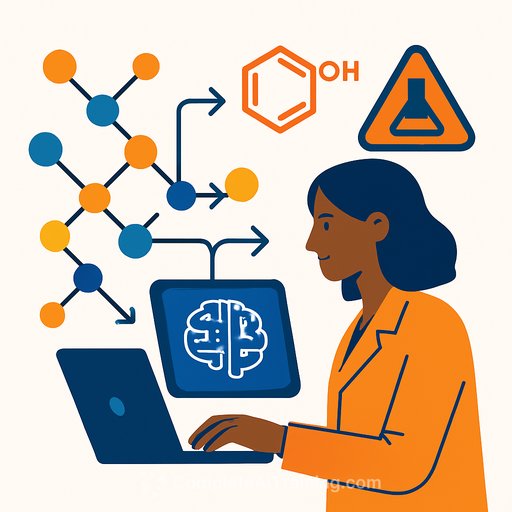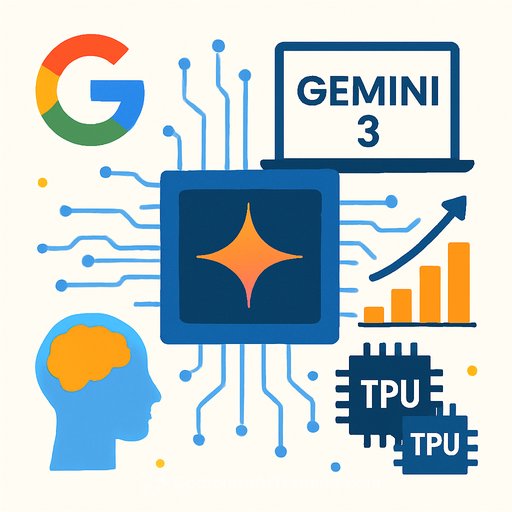Next-Generation AI FlowER Predicts Chemical Reaction Processes
A new artificial intelligence (AI) named FlowER has been developed to predict the step-by-step processes of chemical reactions rather than just their final outcomes. This AI, created by Professor Jeong Jun-young of Kookmin University in collaboration with MIT’s Connor W. Coley, addresses a longstanding challenge in chemistry and pharmaceutical development.
Chemical synthesis is essential for producing materials like pharmaceuticals, batteries, and solar cells. However, the reactions involved often produce unwanted byproducts and impurities, making development time-consuming and uncertain. Existing AI models primarily predict final products directly from inputs, sometimes generating results that violate fundamental chemical laws such as the conservation of mass.
How FlowER Works Differently
FlowER models chemical reactions by mimicking the reasoning process of chemists. Instead of treating reactions like language translation, it tracks electron movements—the fundamental drivers behind chemical changes—using a method similar to the arrow-pushing technique chemists use to visualize reactions.
This approach ensures that FlowER strictly respects the conservation of mass, meaning no atoms appear or disappear unexpectedly. The AI was trained on around one million reaction cases, improving its reliability in predicting not just the main products but also byproducts and new reaction pathways observed in lab experiments.
One standout feature is FlowER’s ability to learn new reaction types efficiently. While previous models required thousands of examples, FlowER can predict previously unseen reactions with over 65% accuracy after reviewing as few as 32 cases. This resembles human learning, where a small number of examples can teach new rules quickly.
Applications in Pharma and Industry
Predicting impurities and their formation conditions is critical for drug safety. FlowER’s capabilities have attracted interest from major pharmaceutical companies such as Novo Nordisk, Novartis, Pfizer, and Merck (MSD) through the MLPDS consortium. The AI can anticipate impurity structures and suggest reaction condition changes to reduce or eliminate them, streamlining drug development workflows.
Background and Future Prospects
Professor Jeong’s background in both chemistry and AI, including postdoctoral research at MIT, contributed to FlowER’s development. He emphasizes that integrating fundamental chemical principles into AI design significantly enhances performance.
The research team has shared their findings and tools openly on GitHub, with plans to expand FlowER’s training data to include metal catalyst reactions. This open approach encourages collaboration and further improvement from the research and development community.
This work exemplifies how blending domain expertise with AI can create practical tools that improve prediction accuracy and accelerate innovation in chemical research.
For IT professionals interested in AI applications in scientific fields or chemical informatics, exploring courses on AI modeling and data-driven science can be valuable. Check out relevant resources at Complete AI Training to build skills applicable to projects like FlowER.
Reference
- Nature (2025), DOI: 10.1038/s41586-025-09426-9
Your membership also unlocks:






